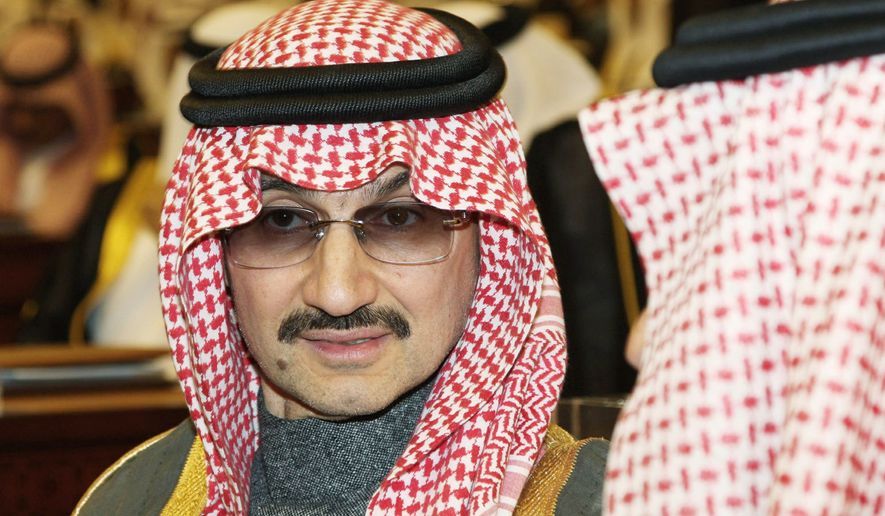Approval by an arm of the World Bank for a $26 million loan to build a luxury hotel in Ghana — a West African nation where 40 percent of the people live in poverty — was “not an appropriate use of public funds” and should not have received U.S. government support, the chairman of a Senate subcommittee that oversees the bank says.
Sen. Patrick J. Leahy, Vermont Democrat who heads the Senate Appropriations subcommittee on the State Department and foreign operations, wants to know how one of the world’s richest men, Prince Alwaleed bin Talal Alsaud, won approval for the multimillion-dollar loan to build the five-star hotel in the poverty-burdened nation.
Under a program to encourage private development in developing nations, the loan was made by the International Finance Corp. (IFC), a part of the World Bank Group. The United States is the largest shareholder in the IFC.
“The Treasury Department should review the IFC’s lending strategy in Africa and other areas where the focus should instead be on development priorities like agriculture, education and health, and on employment-generating opportunities that are commensurate with the size of the investment,” Mr. Leahy said.
With a net worth of $19.6 billion, Prince Alwaleed — a nephew of Saudi Arabian King Abdullah bin Abdul-Aziz — is the 26th richest person in the world, according to Forbes magazine.
The loan was first reported by The Washington Times in May, and Mr. Leahy, in response to the article, asked Treasury for information about it. Treasury represents U.S. interests at the IFC, including voting on whether to support or reject loans.
The IFC approved the nine-year loan in December to KHI Ghana Ltd., a wholly owned subsidiary of Prince Alwaleed’s company, Kingdom Hotel Investments (KHI), for development of the Movenpick Ambassador Hotel in Accra. The U.S. voted to support the loan and the formal loan commitment papers were signed in February, records show. The loan has not yet been disbursed, according to the IFC’s website.
The recently opened $103 million hotel with 259 rooms is on one of Accra’s major thoroughfares and adjacent to large commercial developments in the city’s central business district.
Lourie Kruger, KHI vice president and group treasurer, defended the project, saying it would result in “an important resource for businesses and travelers in Ghana.” He said it would “create many local jobs” during its construction and operation.
Treasury told Mr. Leahy’s office that it had raised concerns with the IFC about the project but decided it was worthy of support, given its projected impact on jobs and development and the possibility it might otherwise be stranded, said David Carle, a Leahy spokesman.
A large international bank originally had agreed to provide funding for the hotel but backed out when market conditions soured, prompting the borrower to seek IFC financing, Treasury said. The borrower reportedly solicited financing from other private banks, but none was willing to provide terms longer than three years, which presented the risks of higher interest rates and refinancing difficulties.
While the IFC agreed to make the $26 million loan, KHI and other investors will finance the remaining $78 million, Treasury said, noting that the government of Ghana had awarded the concession to build the hotel to KHI after repeated failed attempts to find a sponsor who could deliver on developing the hotel site.
The project expects to create 300 new direct jobs and temporary employment for 1,000 laborers.
• Chuck Neubauer can be reached at cneubauer@washingtontimes.com.




Please read our comment policy before commenting.